 Yesterday the European Commission published the Urban Water Atlas for Europe which aims to improve water management in cities.
Yesterday the European Commission published the Urban Water Atlas for Europe which aims to improve water management in cities.
This atlas has been presented during the meeting of Ministers in charge of water management that has been hosted by the Maltese Government in Valetta. It explains in a scientific but accessible way the importance of good water management and informs about good practices and cutting-edge developments which must be implemented in cities.
The main goal of this atlas is to make local authorities, experts and citizens use water in a sustainable and efficient way and make them aware of the scarcity of this resource which affects more than 10 percent of Europe’s population according to Tibor Navracsics, Commissioner for Education, Culture, Youth and Sport.
“Water is an irreplaceable resource for society, but it is only renewable if well managed. Home to three out of four EU citizens, cities have no other choice but to become water-wise, and better manage this precious resource. A strong water policy is also essential for delivering on Agenda 2030 for Sustainable Development both in the EU and internationally” Explained Karmenu Vella, Commissioner for Environment, Maritime Affairs and Fisheries.
The Urban Water Atlas also explains how our individual choices, for example food consumption, influences water management, in addition to other external factors such as climate change and food management. Moreover it delivers two online tools to measure cities performance regarding water management and sustainability in general: “The City Blueprint” and “The City Amberprint”.
The Urban Water Atlas is a part of the BlueSCities project, an H2020 project developing a methodology based on coordination and collaboration by integrating water and waste sectors in the European Innovation Partnership on Smart Cities and Communities.

El Atlas de Agua Urbana para Europea ha sido publicado
Ayer la Comisión Europea publicó el Atlas de Agua Urbana para Europa, que tiene como objetivo mejorar la gestión de agua en las ciudades.
Este atlas fue presentado durante la reunión del ministerio de gestión de agua organizada por el gobierno maltés en La Valeta. Explica de una manera científica pero accesible la importancia de una buena gestión del agua e informa sobre las buenas prácticas y el desarrollo a la vanguardia que deben aplicarse en las ciudades.
El objetivo principal de este atlas es motivar a las autoridades locales, a expertos y a los ciudadanos para usar el agua de manera sostenible y eficaz, además de sensibilizarlos sobre la escasez de este recurso, que afecta a más de un 10% de la población europea, de acuerdo con Tibor Navracsics, el Comisario de Educación, Cultura, Juventud y Deporte.
“El agua es un recurso irremplazable para la sociedad, pero será renovable solo si se gestiona bien. Las ciudades, que albergan de 3 de cada 4 ciudadanos de la Unión Europea, no tienen otra opción que ser prudentes con el agua y gestionar de mejor manera este preciado recurso. Una fuerte política sobre el agua es esencial para cumplir los objetivos de la Agenda 2030 por el desarrollo sostenible tanto en la Unión Europea como en el ámbito internacional” explica Karmenu Vella, Comisario de Medio Ambiente, Asuntos Marítimos y Pesca.
El Atlas de Agua Urbana explica también cómo nuestras decisiones, por ejemplo, el consumo de alimentos, influencia la gestión de agua, además de otros factores como el cambio climático y la gestión de alimentos. También ofrece herramientas para medir el trabajo de las ciudades por la gestión del agua y la sostenibilidad en general: “The City BluePrint” y “The City AmberPrint”.
El Atlas de Agua Urbana forma parte del proyecto de BlueSCities, un proyecto de H2020 que desarrolla una metodología basada en la coordinación y la colaboración para la integración de los sectores de agua y residuos en la Alianza Europea de Innovación sobre Ciudades Inteligentes y Comunidades.


 Average budget per project goes from 0.5 to 5 millons €. Projects bigger than 5 million can be funded if they are ambitious enough, and they can justify the necessity.
Average budget per project goes from 0.5 to 5 millons €. Projects bigger than 5 million can be funded if they are ambitious enough, and they can justify the necessity.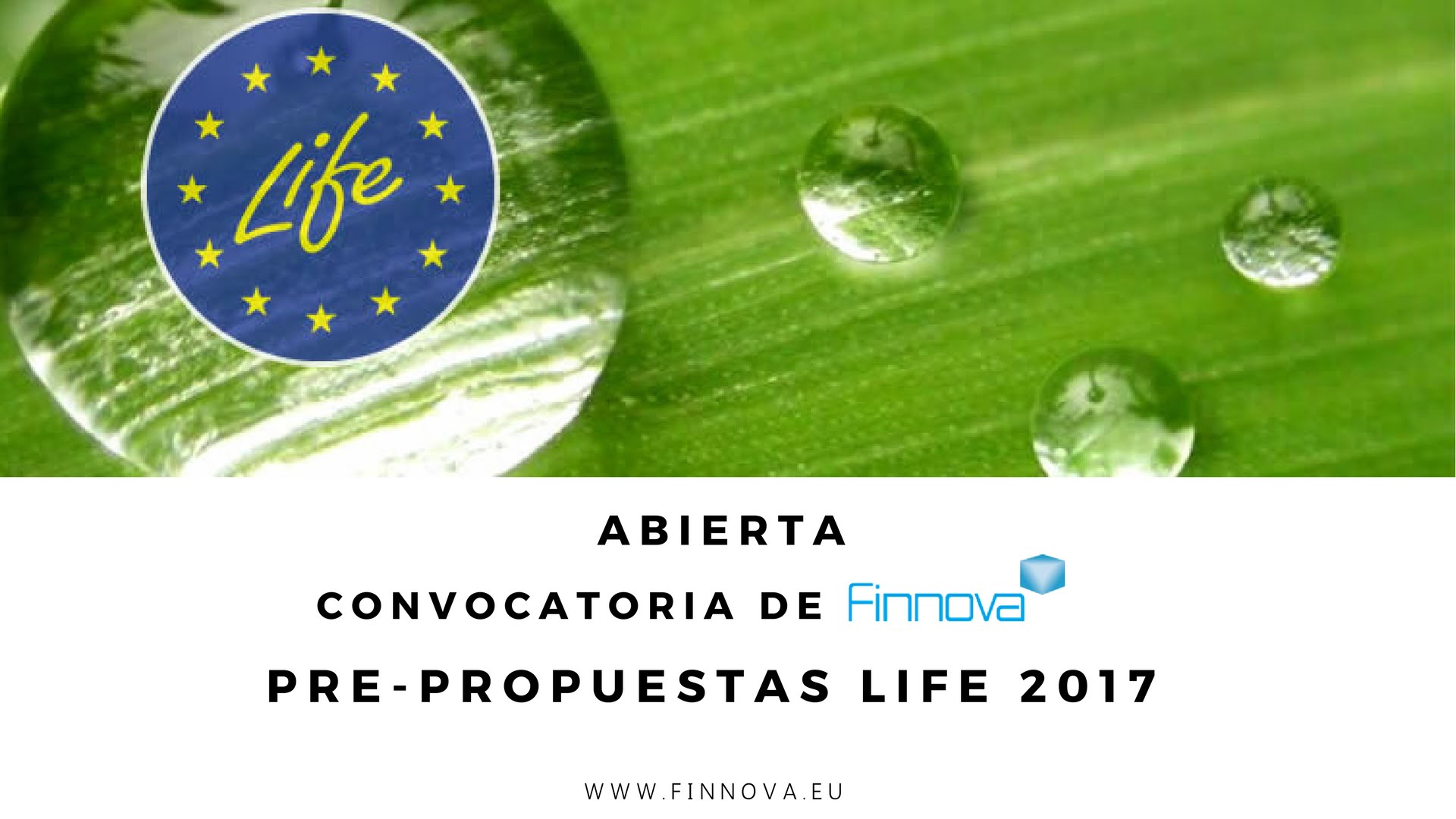 El Programa LIFE para el Medio Ambiente y la Acción Climática es el instrumento de financiación de la UE destinado a la protección y mejora del medio ambiente para el período 2014-2020. Este programa está gestionado por la Dirección General de Medio Ambiente y la Dirección General de Acción Climática. Desde 1992 LIFE ha financiado más de 4000 proyectos, contribuyendo con 3.100 millones de euros a la protección del medio ambiente
El Programa LIFE para el Medio Ambiente y la Acción Climática es el instrumento de financiación de la UE destinado a la protección y mejora del medio ambiente para el período 2014-2020. Este programa está gestionado por la Dirección General de Medio Ambiente y la Dirección General de Acción Climática. Desde 1992 LIFE ha financiado más de 4000 proyectos, contribuyendo con 3.100 millones de euros a la protección del medio ambiente Today takes place the World Intellectual Property Day as initiative of United Nations to show the function that its rights play (brands, patents, industrial designs, copyright) in the promotion of the innovation and the creativity, as well as for boosting entrepreneurship.
Today takes place the World Intellectual Property Day as initiative of United Nations to show the function that its rights play (brands, patents, industrial designs, copyright) in the promotion of the innovation and the creativity, as well as for boosting entrepreneurship.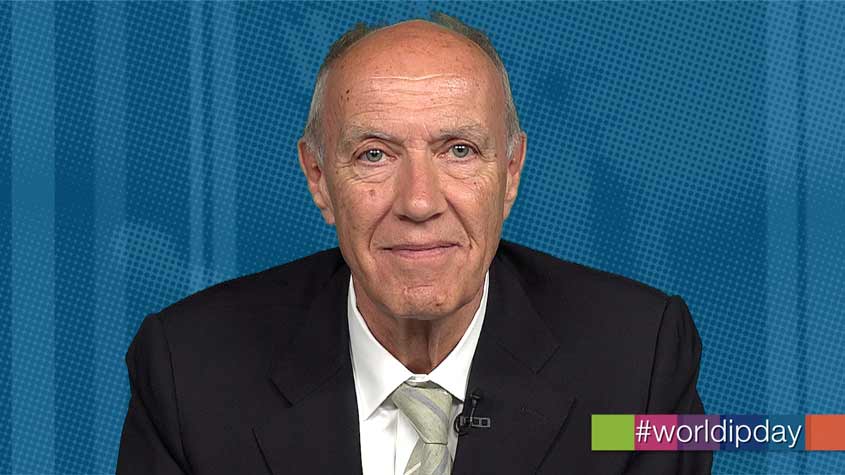 “To improve the innovation resides in the innovation. The fact that this word is heard everywhere, it is a sign of the importance that it has at the social and economic level”, affirms Francis Gurry.
“To improve the innovation resides in the innovation. The fact that this word is heard everywhere, it is a sign of the importance that it has at the social and economic level”, affirms Francis Gurry.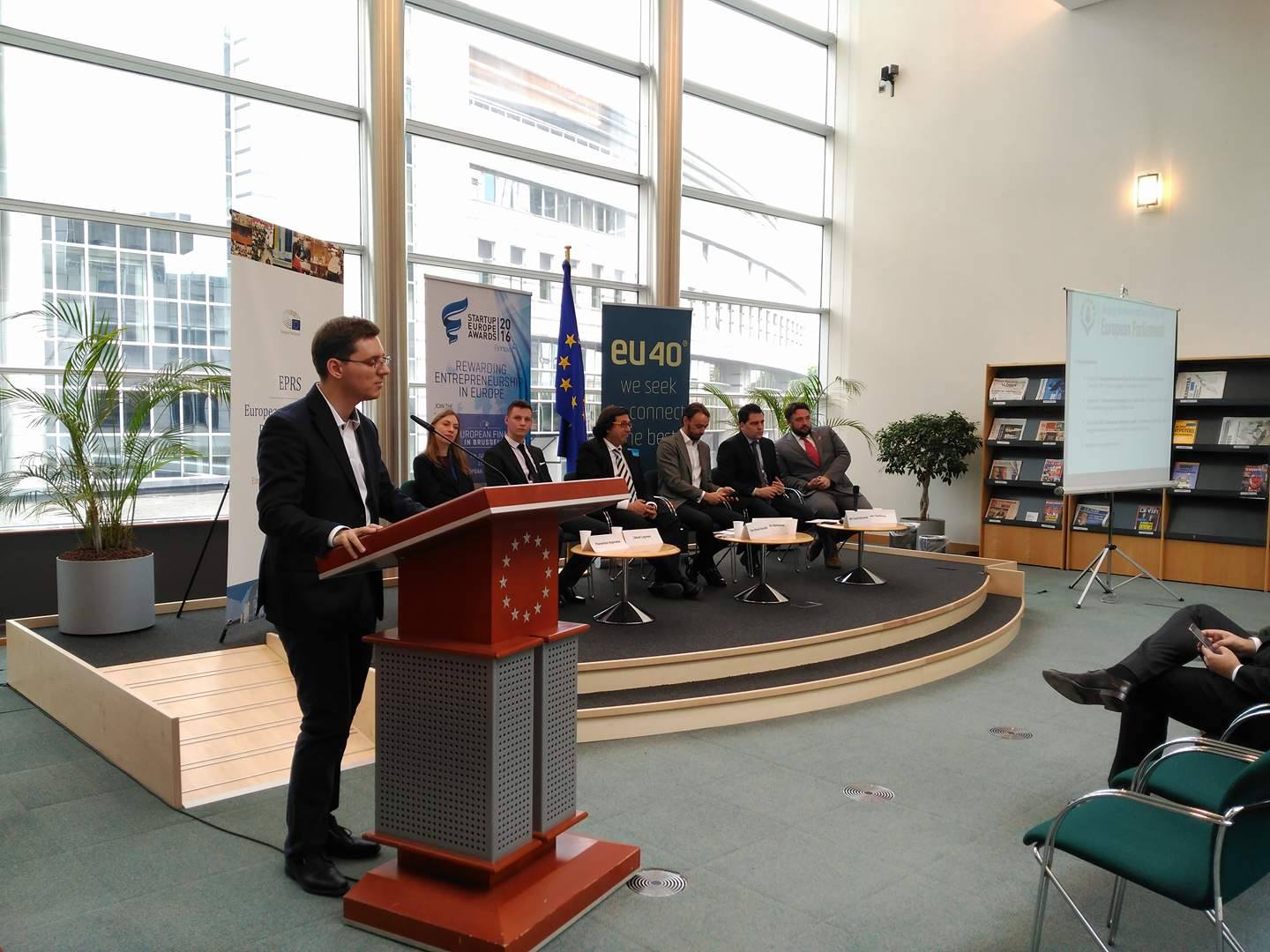 24th April 2017, the European Parliament hosted the Young Entrepreneurs’ Day, organised by the Young Entrepreneurs Association from Romania, a high-level opportunity to communicate the identity, the role and the diplomatic nature of the Parliament.
24th April 2017, the European Parliament hosted the Young Entrepreneurs’ Day, organised by the Young Entrepreneurs Association from Romania, a high-level opportunity to communicate the identity, the role and the diplomatic nature of the Parliament.
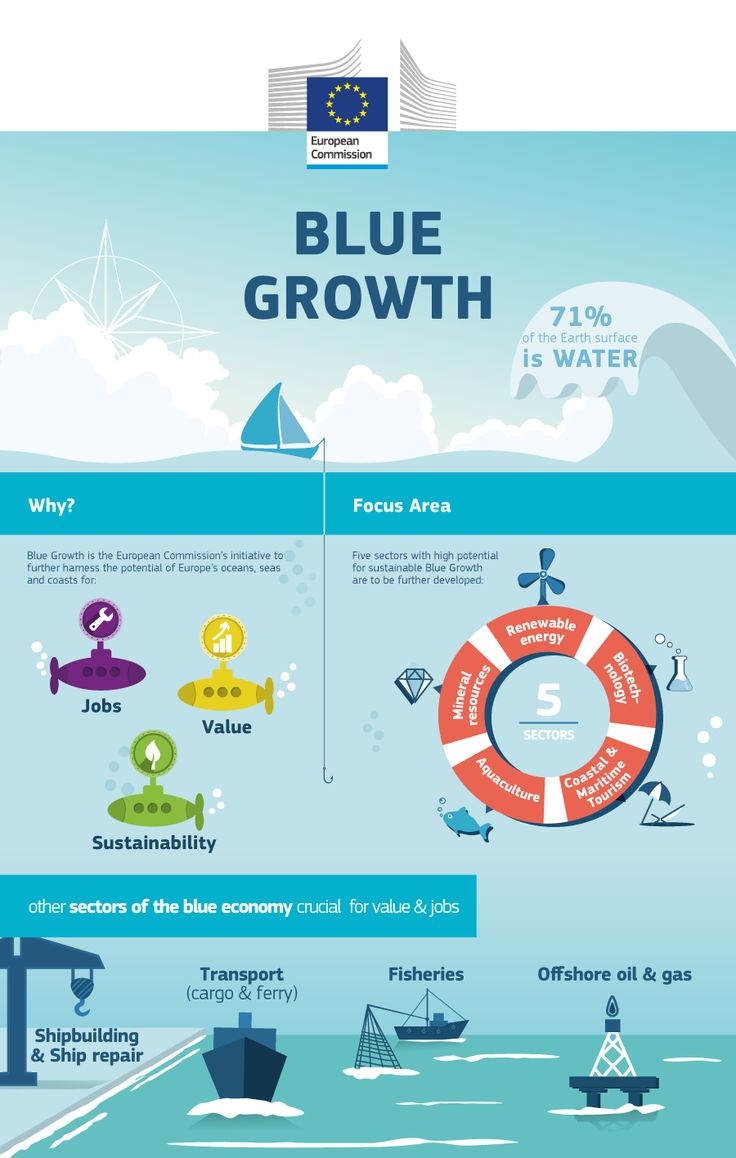 The EU Maritime Ministers are signing today in Malta a declaration on Blue Growth, as a part of the
The EU Maritime Ministers are signing today in Malta a declaration on Blue Growth, as a part of the 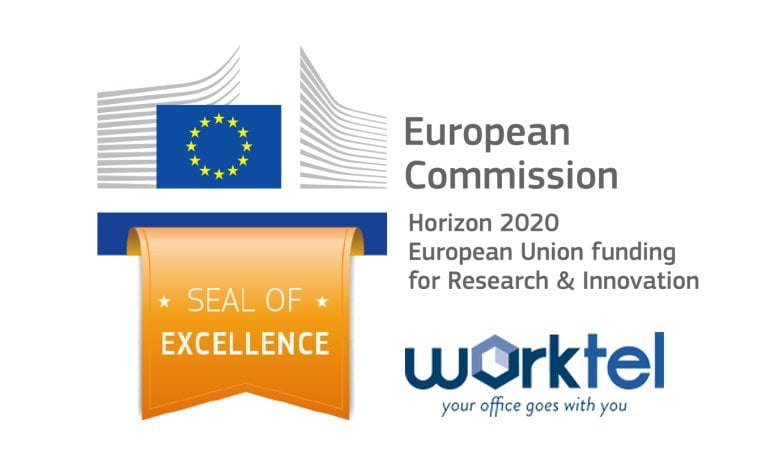 Este sello se otorga a pymes que obtienen una alta puntuación en la evaluación de su propuesta a Instrumento PYME y le permitirá optar a otras fuentes de financiación de las otras empresas del programa StartUp Europe Accelerator de la Finnova como Worktel han obtenido alrededor de 200.000 euros a fondo perdido, para realizar estudios de viabilidad y expansión internacional.
Este sello se otorga a pymes que obtienen una alta puntuación en la evaluación de su propuesta a Instrumento PYME y le permitirá optar a otras fuentes de financiación de las otras empresas del programa StartUp Europe Accelerator de la Finnova como Worktel han obtenido alrededor de 200.000 euros a fondo perdido, para realizar estudios de viabilidad y expansión internacional.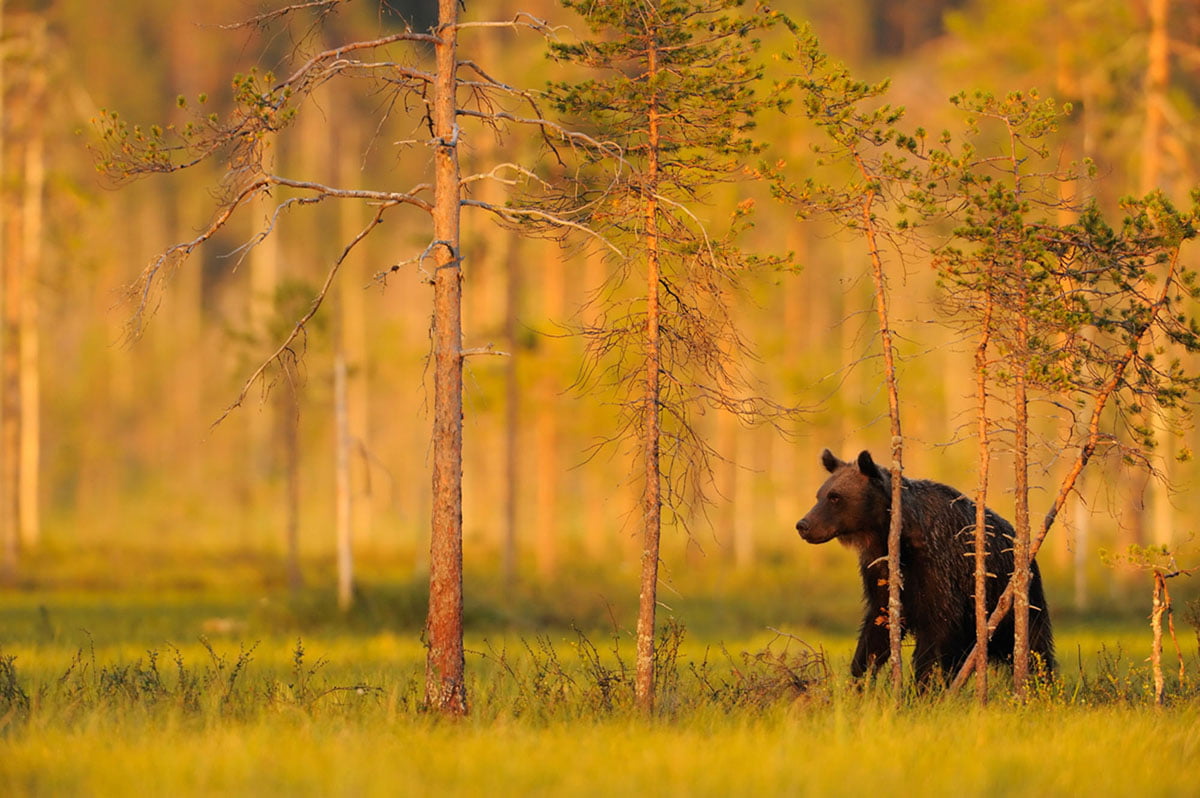 The European Commission and the European Investment Bank (EIB) have announced yesterday “Bank On Nature” the first loan agreement backed by the financial instrument Natural Capital Financing Facility, this agreement will see
The European Commission and the European Investment Bank (EIB) have announced yesterday “Bank On Nature” the first loan agreement backed by the financial instrument Natural Capital Financing Facility, this agreement will see 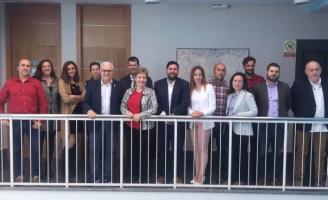 The town councils of Rafelbunyol, La Pobla de Farnals, Massamagrell, Museros, El Puig and Puçol have elaborated a joint project to avoid floods. The BLUE LINE project tries to approach the problem of the risks of flooding, which are a common phenomenon in the province of Valencia, and preventing the floods caused by torrential rains. That is why these councils have designed a blue circle (“Blue Line”) that surrounds these municipalities on an intelligent way, using structures, mechanisms and sustainable technologies for the containment and compilation of the rainwater. One tries to turn aside the water of rain of zones with high risk of flood, and in addition recanalize towards zones of containment and storage for later use.
The town councils of Rafelbunyol, La Pobla de Farnals, Massamagrell, Museros, El Puig and Puçol have elaborated a joint project to avoid floods. The BLUE LINE project tries to approach the problem of the risks of flooding, which are a common phenomenon in the province of Valencia, and preventing the floods caused by torrential rains. That is why these councils have designed a blue circle (“Blue Line”) that surrounds these municipalities on an intelligent way, using structures, mechanisms and sustainable technologies for the containment and compilation of the rainwater. One tries to turn aside the water of rain of zones with high risk of flood, and in addition recanalize towards zones of containment and storage for later use.